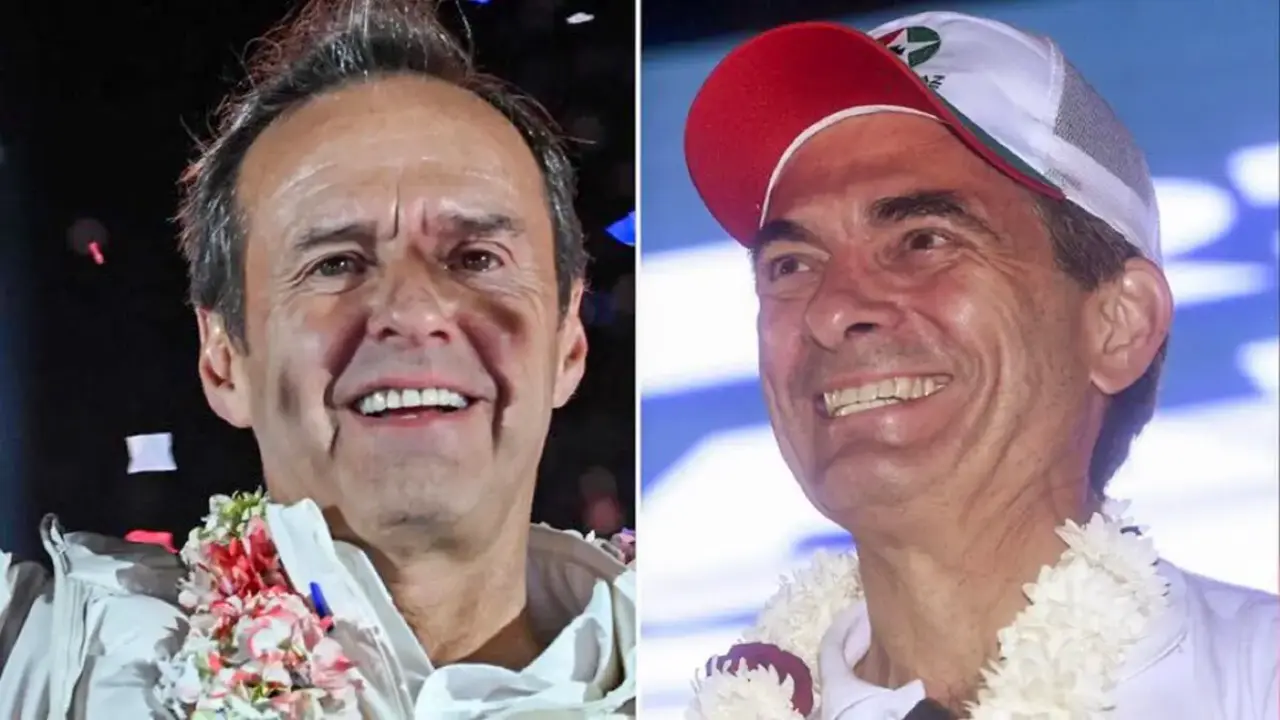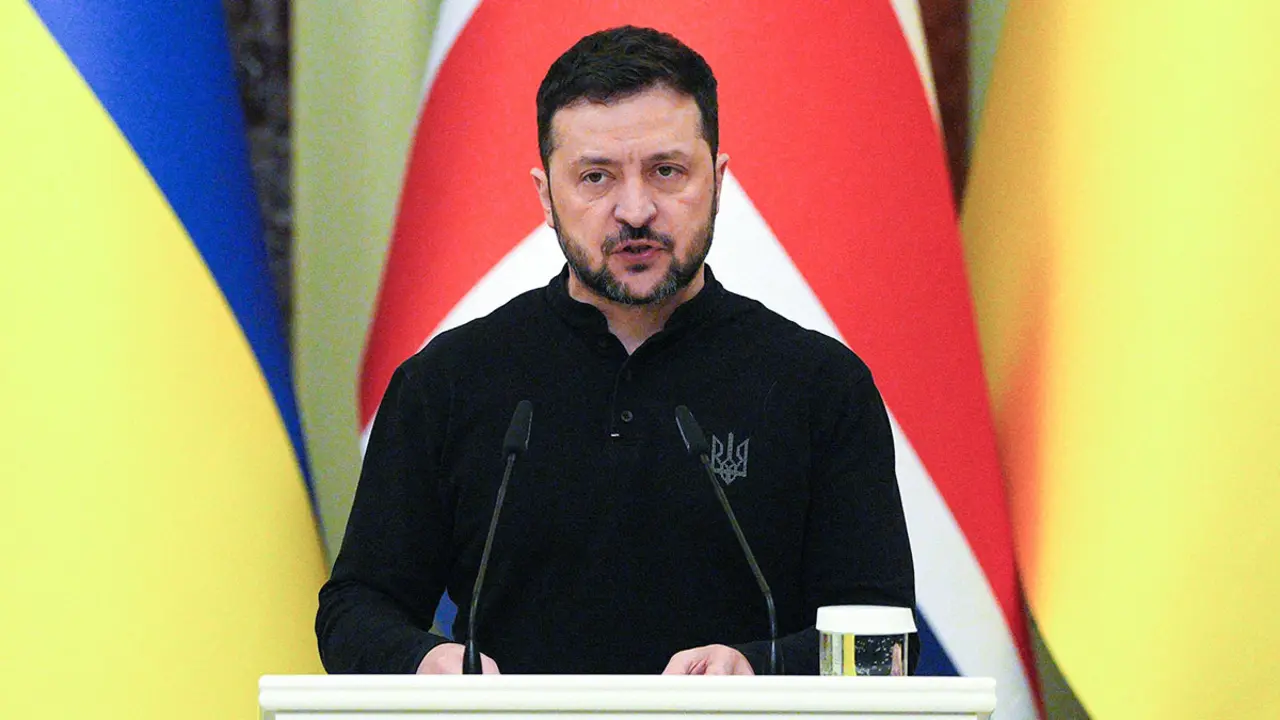What did the director of Mossad lose in Doha?
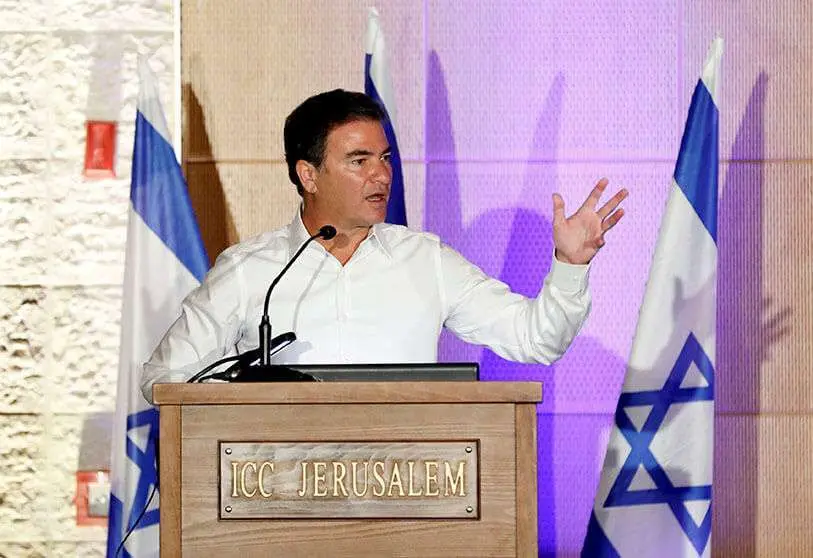
On 5 February, the head of Israeli intelligence met his Qatari counterpart in Doha. In theory, the meeting between Yossi Cohen and Mohammed bin Ahmed al-Misnad was supposed to be secret, as spy deals usually are. However, the news was leaked to the Emirate newspaper Al Arabiya.
Two other important names were present at the meeting between Cohen and Al-Misnad, who is also national security adviser to Sheikh Tamim bin Hamad al-Thani. One of them was Herzi Halevi, a major general in the Israeli Army who is currently in charge of the Armed Forces Southern Command. Halevi is therefore in charge of the defence of the southernmost part of Israel, the border with the Gaza Strip. The other was Mohammed al-Emadi, chairman of the Qatar Committee for the Reconstruction of Gaza.
The photograph, therefore, is as follows. On one side was the director of the Mossad, one of the most exemplary secret services in the world, accompanied by the man responsible for preserving the security of the Israelis against attacks from Gaza. On the other side, they met the head of intelligence of a country that, in recent years, has been acting as a mediator in the Palestinian conflict and, at the same time, financing armed groups, including Hamas itself, through the back door.
The scene that is being drawn is, to say the least, unusual, bearing in mind that, at least a priori, Israel and Qatar are two states with practically antagonistic interests, which have never maintained solid bilateral relations. What, then, did the number one in the intelligence of these two countries have to talk to each other about?
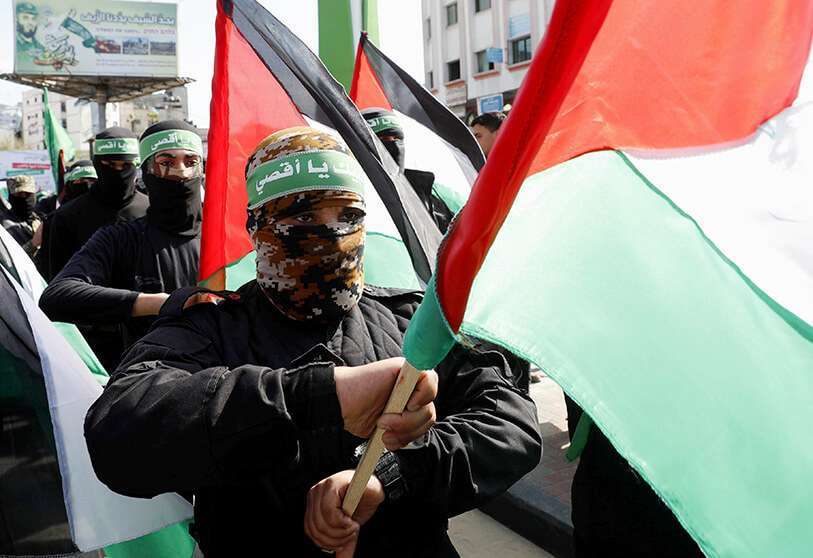
Officially, the content of the talks has not been disclosed. However, someone who was not at the meeting, but who has a lot of power in Israel, did speak publicly on the subject. This is Avigdor Liberman, former acting Defense Minister and leader of the far-right Yisrael Beitenu party (translated as 'Israel Our House'). What Liberman said does not leave the Tel Aviv government in a very good position.
In a television interview with Channel 12, the former minister said that acting Prime Minister Benjamin Netanyahu sent Cohen to Doha to convince his Qatari counterpart not to suspend the flow of funding to Hamas. “Both Egypt and Qatar were upset with Hamas and had planned to cut ties with them. Suddenly, Netanyahu appears as the savior of Hamas, as if it were an organization of the environment. It is a policy of submission to terror,” were Liberman's harsh statements.
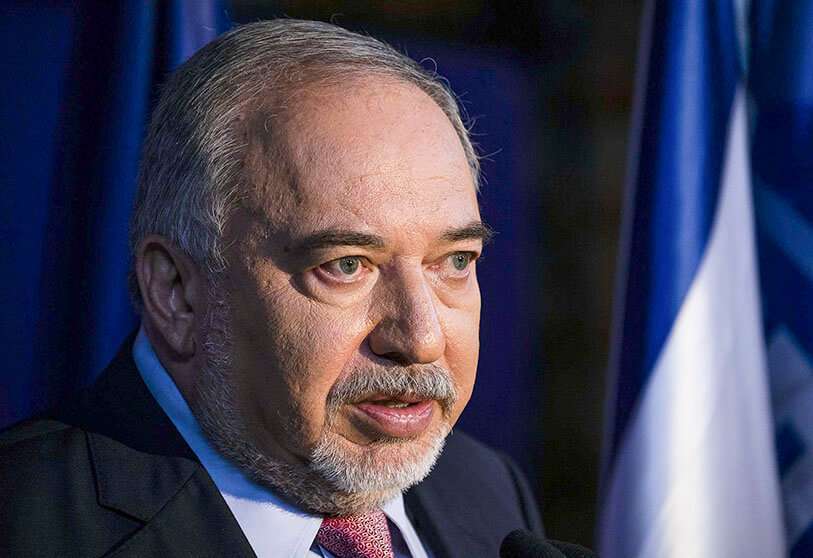
Indeed, a report from the Israeli website Ynet News quoted a senior Qatari official who announced his country's and Cairo's willingness to stop providing resources to Hamas. However, Liberman's words should be taken with caution, as they carry serious implications. First of all, his intervention has to be put in context: the former minister dropped the bomb during the election campaign. Although he participated in the government presided over by Netanyahu, the formation of the prime minister, the Likud, and that of Liberman, Israel Our House, have been clear rivals at the polls. With an increasingly right-wing Likud, both are competing for an equally polarized electorate. It could have been a move by Liberman to try to weaken his rival in the face of public opinion.
Moreover, in the previous election, when the result left a virtual technical tie between Netanyahu and his rival Benny Gantz, Liberman found himself in an optimal position to invest either. However, he chose not to give his votes to either.

However, if purely partisan interests are set aside, does the former Minister of Defence's accusation make sense? Obviously, looking at the gallery, the Government of Israel and Hamas, an organisation considered to be a terrorist that holds power in Gaza and whose motto is the armed struggle against the occupation of its territories, are sworn enemies. Hamas' intransigence is often cited as one of the greatest obstacles to a real peace plan; one that can take into account the inhabitants of the territories that make up the Palestinian National Authority (PNA).
However, it is also true that, in recent months, Netanyahu has played the Hamas card more than ever. At the prime minister's moment of greatest weakness, forced to weave political alliances and accused of corruption in three different cases, the great trump card with which he has presented himself to the Israelis is his management from the security point of view.
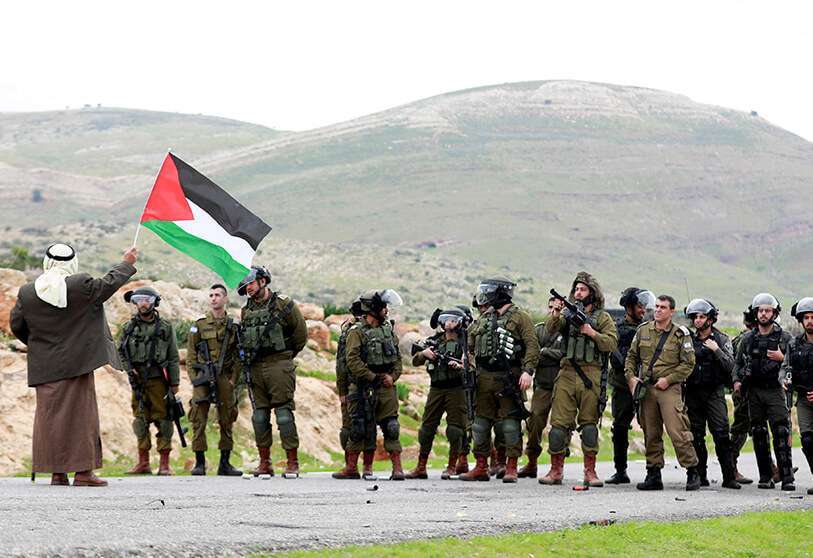
In the last electoral campaigns, the idea of a state of Israel persecuted by its multiple enemies has permeated the speeches of the main candidates. On the one hand, enmity with Tehran is reaching very high levels. On the other, in a more localistic sphere, Hezbollah, the Lebanon-based Shiite militia that also has a presence in Iraq, and Hamas have been the main concerns for the Israeli government in the north and south.
It is the presence of these strong external rivals that has, to a large extent, fuelled Netanyahu's transition even further to the right. Bibi's speech, as he is familiarly known in Israel, has become, over time, very nationalistic. This tendency has led him to promise, among other measures, the annexation of all the territories occupied by the settlers in the West Bank region. This proposal has been endorsed, in part, by the so-called “Century Agreement” drawn up by the Administration. However, the Palestinian authorities argue that it is contrary to the provisions of international law.

In any case, the existence of another opposing party has represented a very important part of the fuel that has kept Netanyahu at the head of the country for more than fourteen years - in two periods - making him the most enduring leader in the history of Israel. Although it is not in his best interest for Hamas to gain enough power to pose an uncontrollable threat, an excessive weakening of the organisation could lead to more dialogical options prevailing in Gaza and the West Bank. The withdrawal of Qatari money would undoubtedly have been a major setback for the terrorist group.
This circumstance could end up spoiling the Israeli leader's strategy of confrontation and expansion. On the other hand, although Hamas is an enemy, it guarantees more or less stable power in the Gaza area; a situation of lack of control there would in itself represent a danger to Israeli interests. This would explain why, in Liberman's words, Netanyahu sent Yossi Cohen to Doha to “run an errand”.







